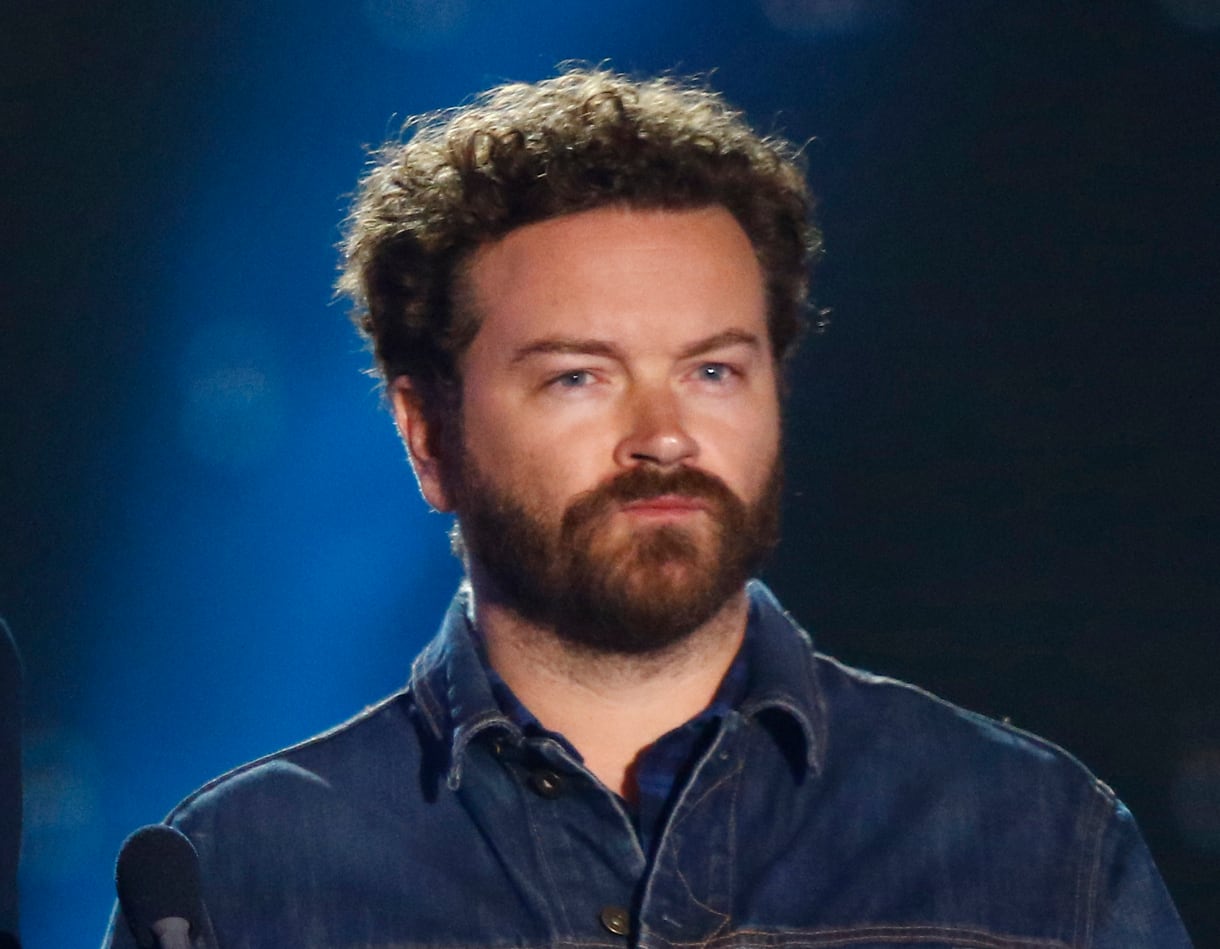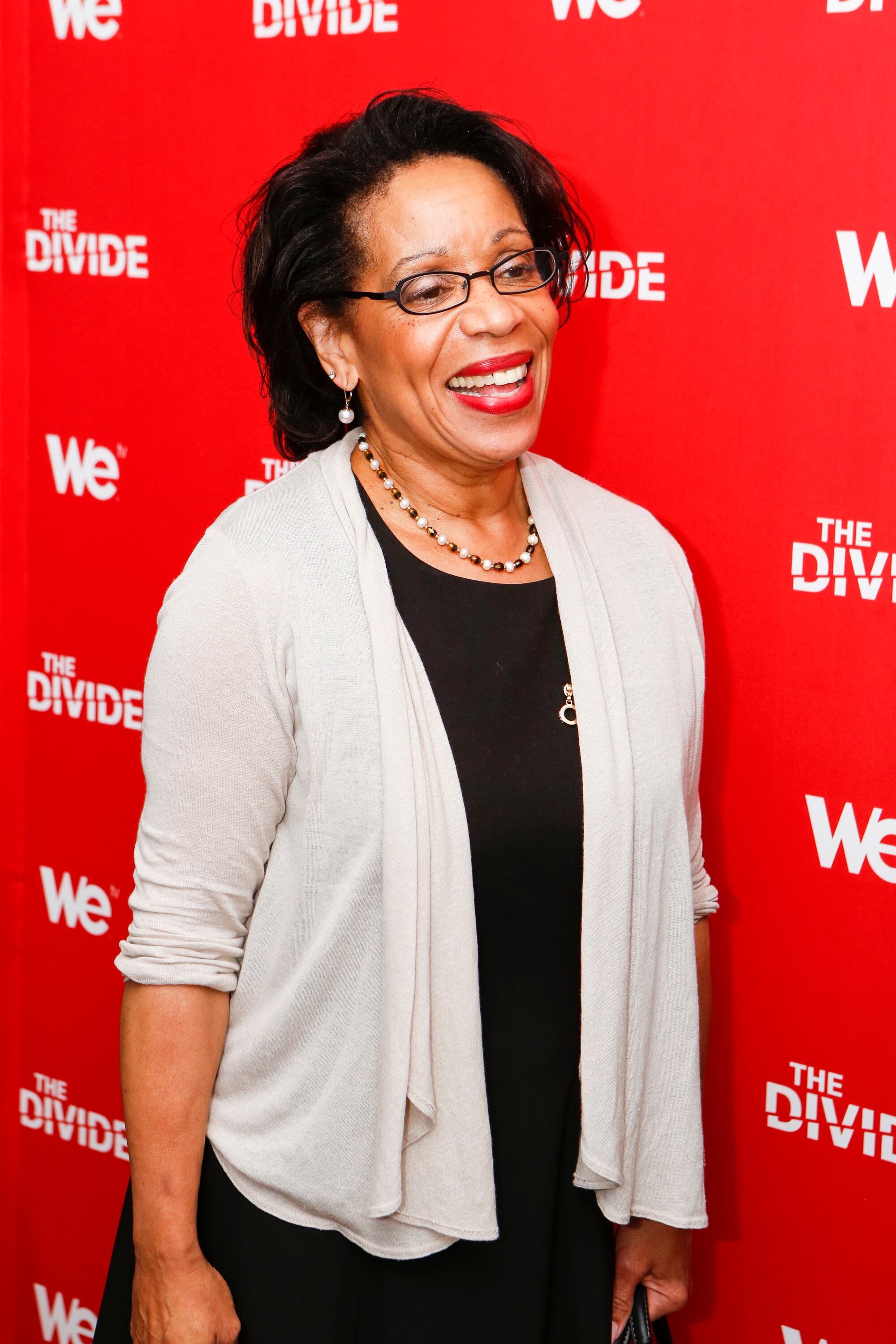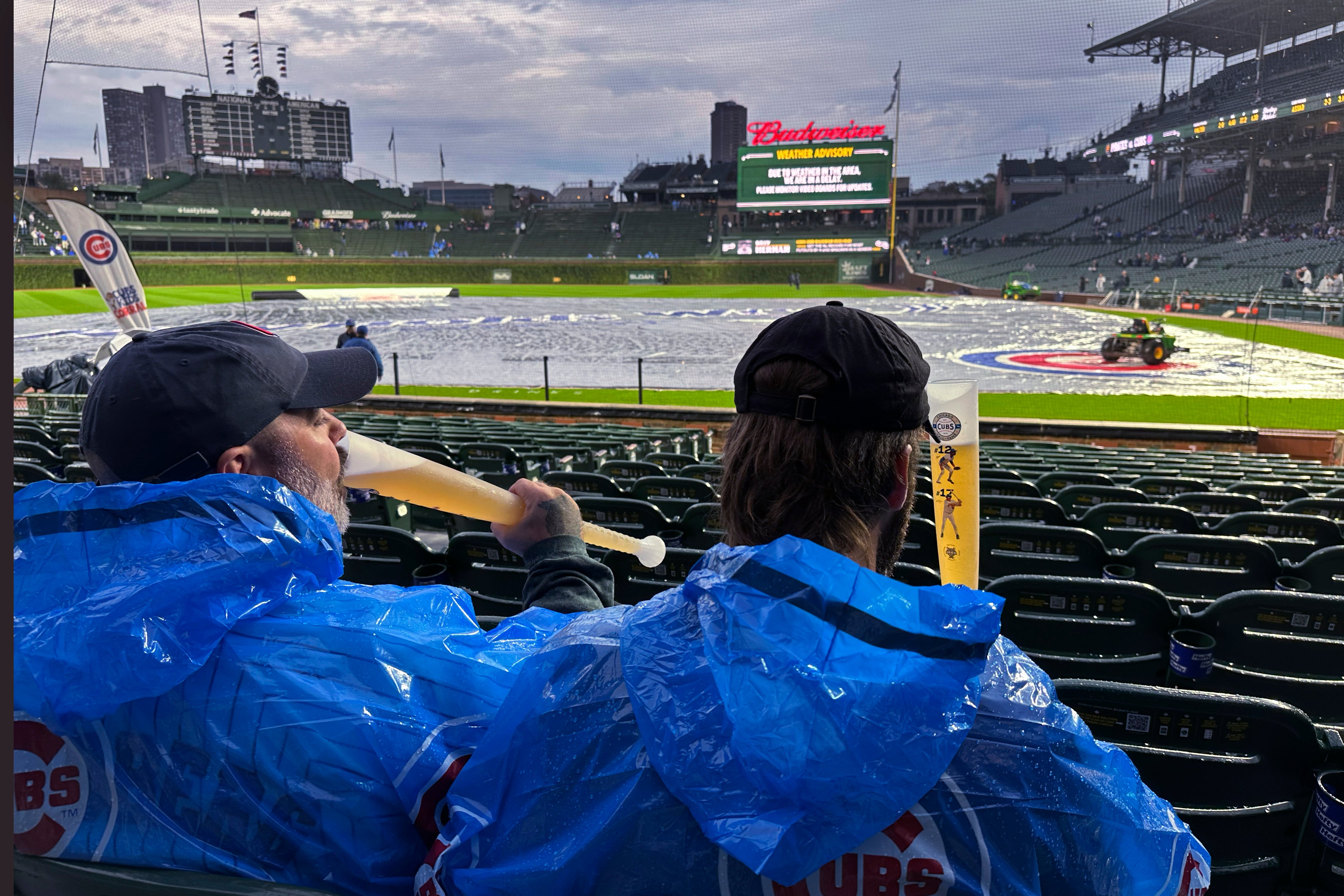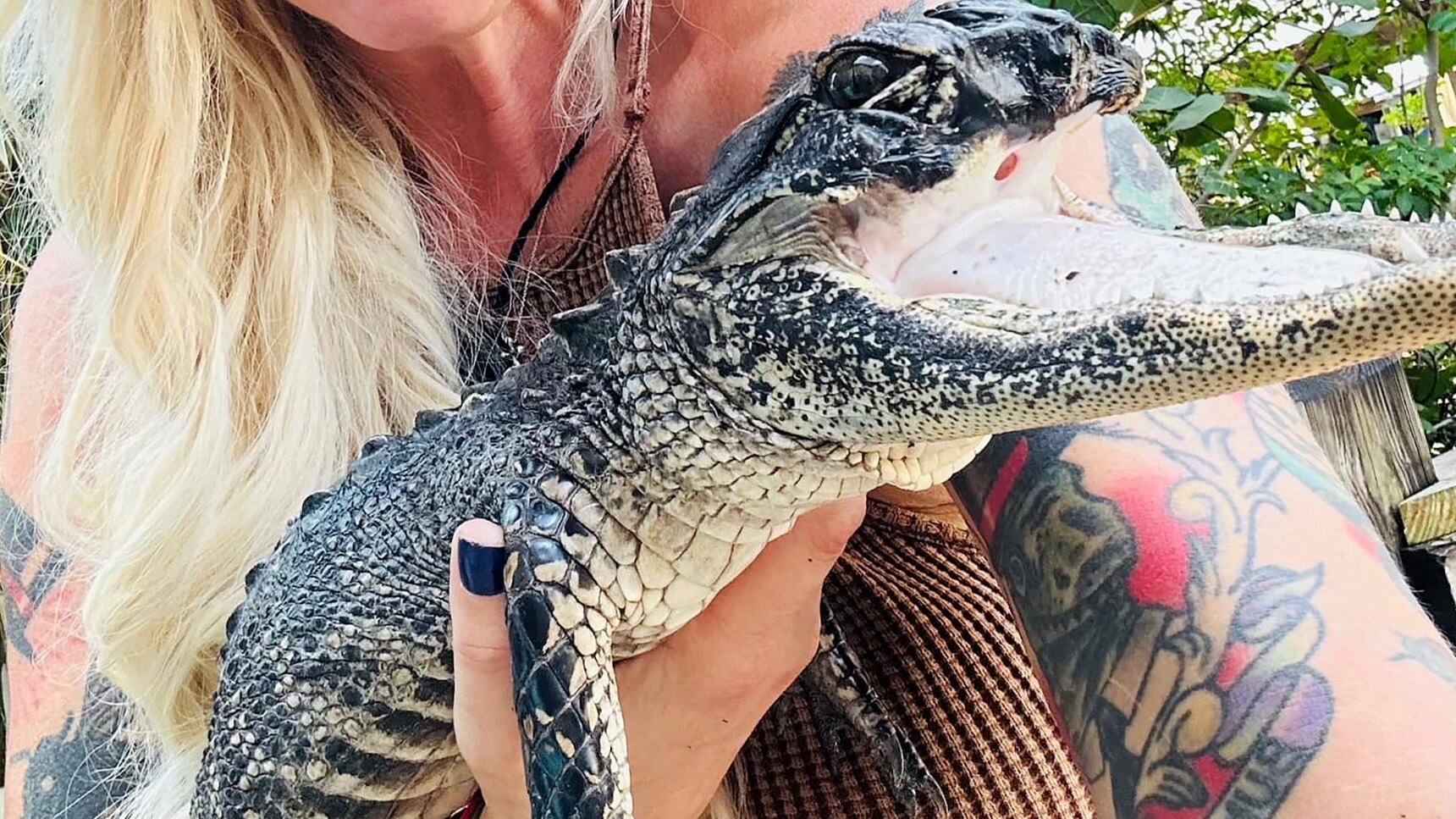By Denise Lavoie and Ben Finley
Authorities in the Virginia city where a 6-year-old shot and wounded his teacher will not seek criminal charges against the child, the local prosecutor told NBC News Wednesday, in a decision that was anticipated by legal experts.
But Newport News Commonwealth's Attorney Howard Gwynn said his office has yet to decide if any adults will be held criminally accountable.
Newport News police have said that the boy used his mother's 9mm handgun in the Jan. 6 shooting at Richneck Elementary School. A lawyer for the child's mother has previously stated that the weapon, which was legally purchased, was secured on a high closet shelf and had a lock on it.
Gwynn did not immediately respond to two phone messages and two emails from The Associated Press seeking comment.
He told NBC that the “prospect that a 6-year-old can stand trial is problematic” because he wouldn’t have the competency to understand the legal system and what a charge means.
Gwynn told the news outlet that his office is still focusing on others besides the child.
“Once we analyze all the facts, we will charge any person or persons that we believe we can prove beyond a reasonable doubt committed a crime,” he said.
The decision did not come as a surprise. Even though it is possible under Virginia law to criminally charge a 6-year-old child, legal experts said it would be highly unlikely that a prosecutor would even try.
A common-law doctrine known as the “infancy defense” holds that children under 7 cannot be prosecuted for a crime because they are too young to be capable of forming criminal intent. A judge also would have to find that the child was competent to stand trial, meaning that he could understand the legal proceedings and assist attorneys defending him.
“You have to be able to show that they understand the seriousness of it, planned it, and executed it," Julie McConnell, a law professor at the University of Richmond, told the AP. "It would be very hard to prove that a 6-year-old could understand that what he did could have permanent consequences,” McConnell said.
She added: “The question is not how do we hold the child accountable? The question is how do we hold ourselves accountable as a society? How do we address the fact that it is so easy for children to get guns in the first place?”
Newport News police turned over their investigation to Gwynn's office last month. Police Chief Steve Drew said in February that he understands that “people would like to have a case open and shut — that’s just not what we have here.”
Drew described a complicated investigation that involved coordinating interviews with first-graders, which required permission from their parents as well as the expertise of a child psychologist.
Gwynn told the AP last month that the city’s detectives handed over three binders of information to his office.
“It’s a lot of information, and we’re going to carefully review it as we do in every case,” Gwynn said in February.
The decision to not charge the child is the latest development from the shooting, which sent shockwaves through the shipbuilding city of about 185,000 people near the Chesapeake Bay.
The 6-year-old boy, who has not been identified, shot first-grade teacher Abby Zwerner while she was teaching inside her classroom.
The police chief has repeatedly characterized the shooting as “intentional.” Drew said there was no warning and no struggle before the child pointed the gun at Zwerner and fired one round, striking her in the hand and chest.
Zwerner, 25, hustled her students out of the classroom before being rushed to the hospital, where she stayed for nearly two weeks before she was released to continue recovering at home.
An attorney for the 6-year-old's family, James Ellenson, told the AP in January that the gun the boy used was secured in his mother's closet on a shelf well over 6 feet (1.8 meters) high and had a trigger lock that required a key.
The family’s statement in the wake of the shooting also said that the boy has an “acute disability” and was under a care plan “that included his mother or father attending school with him and accompanying him to class every day.” The week of the shooting was the first when a parent was not in class with him, the family said.
The family said in the days after the shooting that the child was placed under hospital care and was receiving “the treatment he needs.”
Zwerner’s attorney, Diane Toscano, told reporters in January that concerned staff at Richneck Elementary School had warned administrators three times that the 6-year-old had a gun and was threatening other students in the hours before Zwerner was shot. Toscano said the administration “was paralyzed by apathy” and didn’t call police, remove the boy from class or lock down the school.
In early February, Toscano filed a legal notice informing Newport News Public Schools of Zwerner’s intent to sue, laying out even more allegations. They included claims that the same boy who shot Zwerner had constantly cursed at staff and teachers, tried to whip students with his belt and once choked another teacher “until she couldn’t breathe.”
Two days before the shooting, the boy allegedly “slammed” Zwerner’s cellphone and broke it, according to the claim notice. He was given a one-day suspension, the notice says. But when he returned to Zwerner’s class the following day, he pulled a 9mm handgun out of his pocket and shot her while she sat at a reading table, the notice says.










